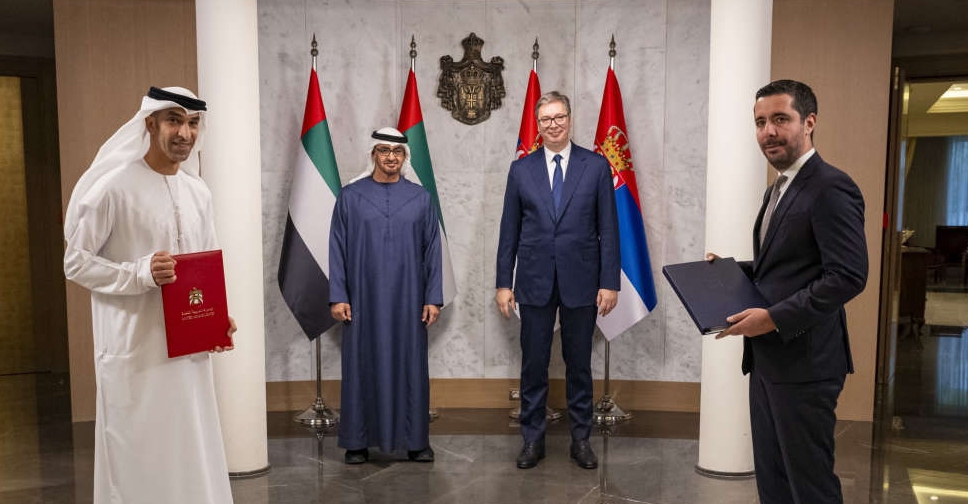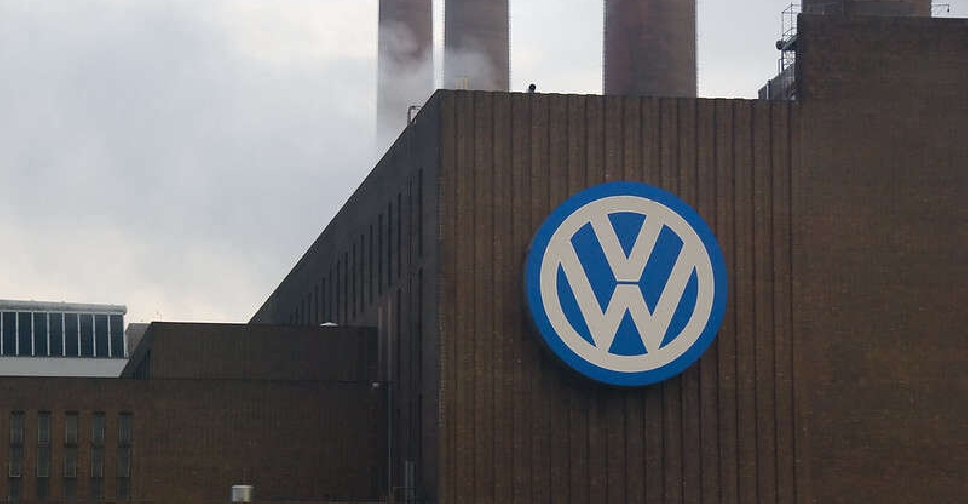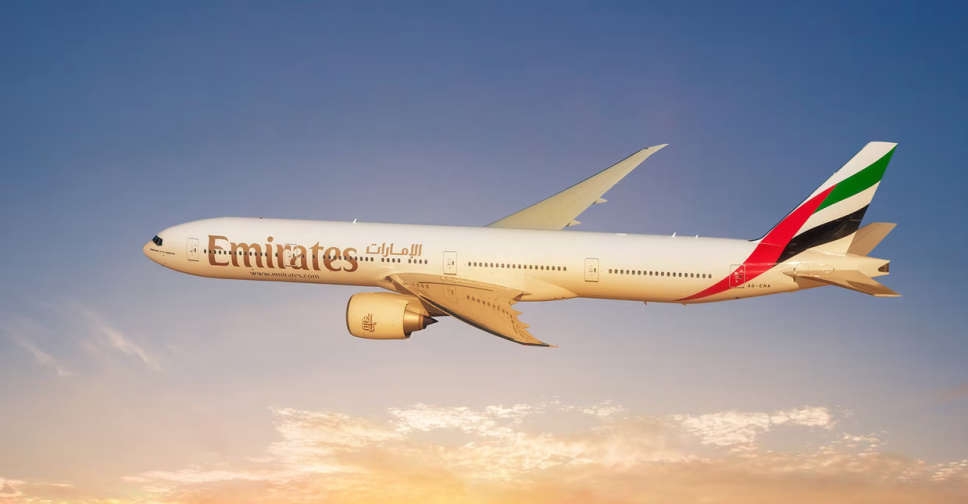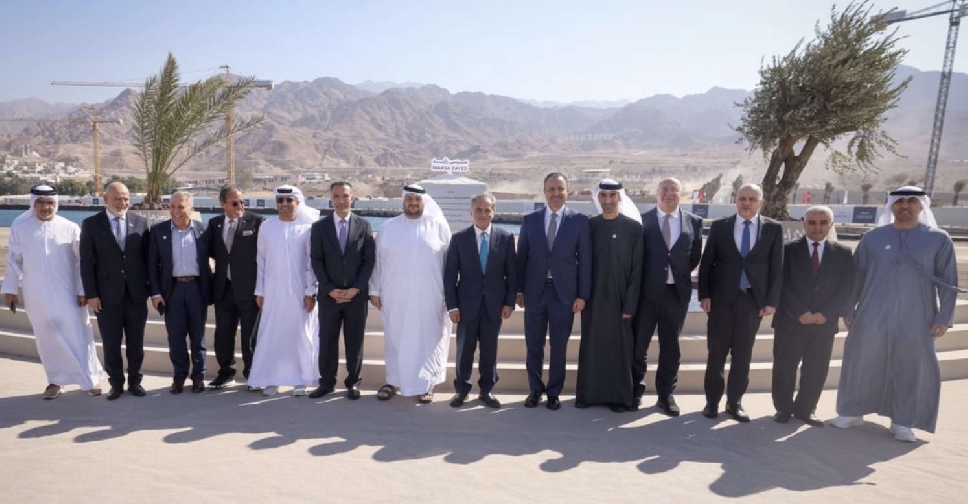
The Comprehensive Economic Partnership Agreement (CEPA) between the UAE and Serbia is the first with a country that is not a member of the World Trade Organisation, Dr. Thani bin Ahmed Al Zeyoudi, Minister of State for Foreign Trade has said.
The agreement features a tariff reduction and elimination of up to 96 per cent across customs tariff lines, compared to some countries with which agreements have been signed, all of which are WTO members.
The initiative comes in light of the significant potential to increase non-oil trade between the two countries, Dr. Al Zeyoudi told the Emirates News Agency (WAM) following the exchange of the CEPA.
He said the agreement constitutes a vital bridge to the Balkans and the Southeast Europe with great economic potential, adding that it reflects the common ambition between the UAE and Serbia and contributes to launching a new era of bilateral cooperation and stimulating sustainable growth of the economies of both countries.
He noted the agreement aims to stimulate trade and investment flows, bolster cooperation, and build private sector partnerships in both countries. It also seeks to empower business communities, promote investment, and facilitate knowledge exchange, as well as activate opportunities for joint developmental projects in important sectors such as logistics and food security.
The minister added that the agreement contributes to leveraging the economic opportunities that Serbia possesses, particularly in terms of manufacturing capabilities, skilled labour, and abundant mineral resources.
He expected that the agreement will add $351 million to the UAE's GDP by 2032. “The total non-oil bilateral trade between the UAE and Serbia reached $122.9 million in 2023, and is expected to reach $500 million in non-oil foreign trade with Serbia over the next five years.”
Dr. Al Zeyoudi added that FDI between the two countries has increased toward high-priority sectors, including renewable energy, agriculture, food security, infrastructure and logistics services.



 Volkswagen sues India over $1.4 bn tax demand
Volkswagen sues India over $1.4 bn tax demand
 Emirates resumes Beirut, Baghdad flights
Emirates resumes Beirut, Baghdad flights
 AD Ports Group selects MAG Group Holding for Jordan project
AD Ports Group selects MAG Group Holding for Jordan project
 Dubai DET partners with Dubai Basketball
Dubai DET partners with Dubai Basketball

